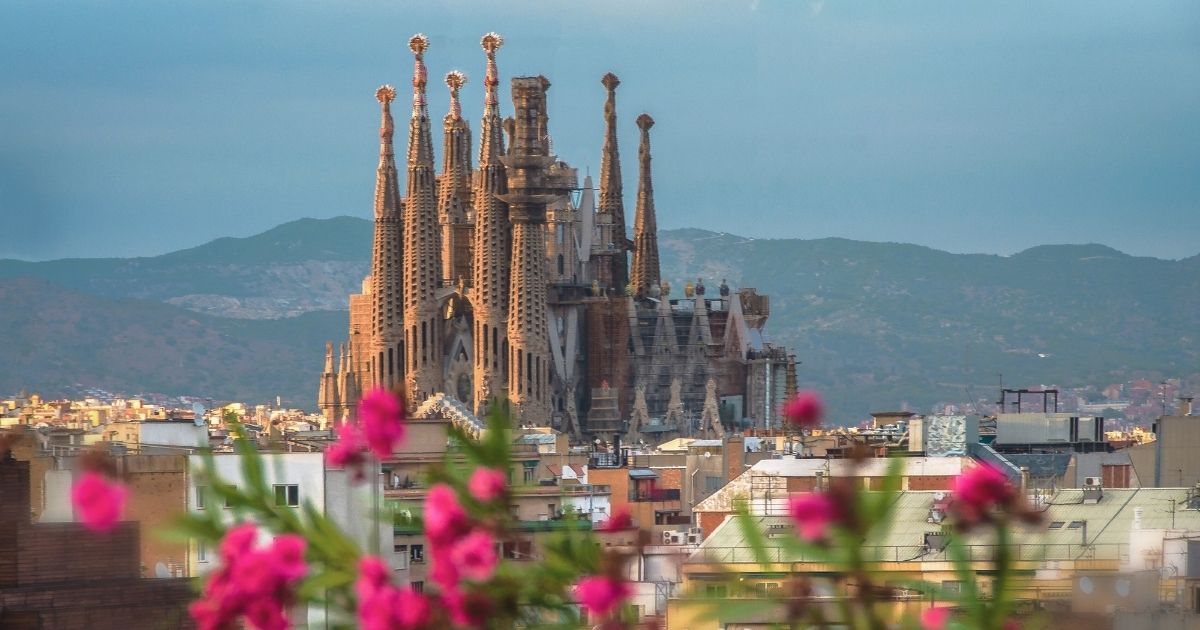Imagine waking up to the Mediterranean breeze flowing through your Barcelona apartment, with the promise of tapas for lunch and perhaps a stroll down Las Ramblas after work. Living in Barcelona offers an extraordinary blend of rich culture, stunning architecture, vibrant nightlife, and a quality of life that attracts thousands of expats each year. Yet beneath the romantic facade lies a complex reality that requires careful planning and cultural understanding.
Whether you’re considering a temporary stay or planning to make Barcelona your permanent home, the transition from visitor to resident involves navigating bureaucratic processes, understanding local customs, and adapting to a new way of life. This comprehensive guide will walk you through everything you need to know about living in Barcelona as an expat, from finding the perfect neighborhood to mastering the art of Spanish bureaucracy.
Get ready to transform your Barcelona dreams into reality with practical advice that addresses the real challenges and incredible opportunities that await expats in this Mediterranean metropolis.
Understanding Barcelona’s neighborhoods for expat living
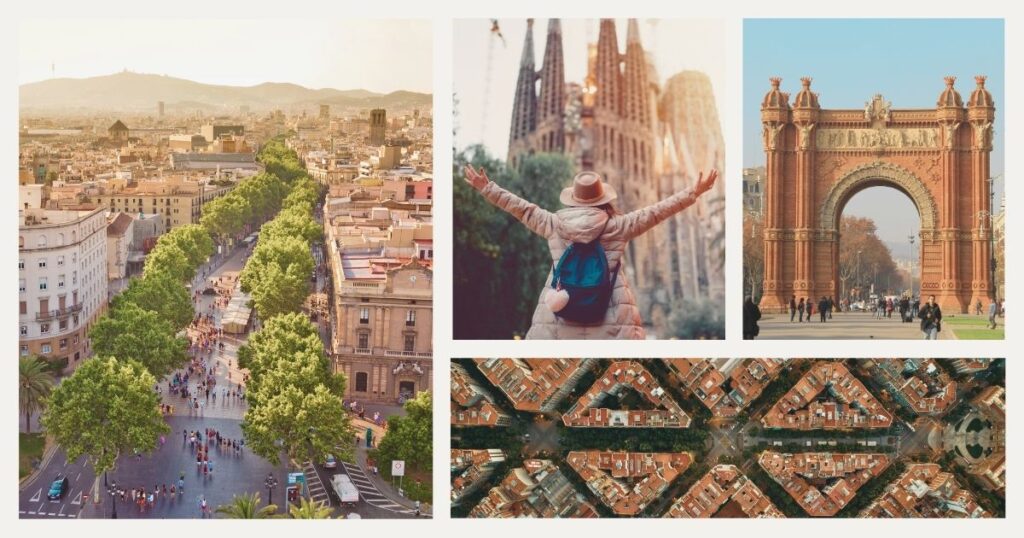
One of the most crucial decisions when living in Barcelona as an expat involves choosing the right neighborhood. Each district offers distinct characteristics, price points, and lifestyle options that can dramatically impact your expat experience.
Eixample: the heart of modern Barcelona
Eixample represents Barcelona’s most iconic district, featuring the famous grid pattern designed by Ildefons Cerdà. Living in Barcelona’s Eixample provides easy access to major attractions, excellent public transportation, and a perfect blend of residential comfort and urban convenience.
The neighborhood divides into Eixample Esquerra (Left Eixample) and Eixample Dreta (Right Eixample), each offering different advantages. Eixample Esquerra tends to be slightly more affordable while maintaining proximity to major business districts, making it popular among young professionals and expats.
🌟 Pro tip: look for apartments near metro stations like Passeig de Gràcia or Diagonal for optimal connectivity throughout the city while enjoying the neighborhood’s architectural splendor.
Gràcia: bohemian charm and local culture
Gràcia offers an authentic Barcelona experience that many expats find irresistible. This former independent village maintains its distinct character with narrow streets, local markets, and a strong sense of community that makes living in Barcelona as an expat feel more intimate and connected.
The neighborhood attracts creative professionals, artists, and expats seeking genuine local experiences rather than tourist-heavy environments. Rent prices typically run lower than central districts while offering excellent restaurants, independent shops, and regular cultural events.
💡 Did you know? Gràcia hosts one of Barcelona’s most famous local festivals, Festa Major de Gràcia, where residents decorate entire streets with elaborate themes, providing incredible insight into local community spirit.
El Born and Ciutat Vella: historic living
Living in Barcelona’s historic center provides unparalleled access to the city’s cultural heritage, though it comes with unique considerations. El Born offers a perfect balance between historic charm and modern amenities, featuring converted medieval buildings alongside contemporary restaurants and boutiques.
However, expats should consider that tourist activity can be intense, especially during peak seasons. Noise levels and crowds may impact daily life, though the convenience and cultural immersion often compensate for these challenges.
Practical aspects of living in Barcelona
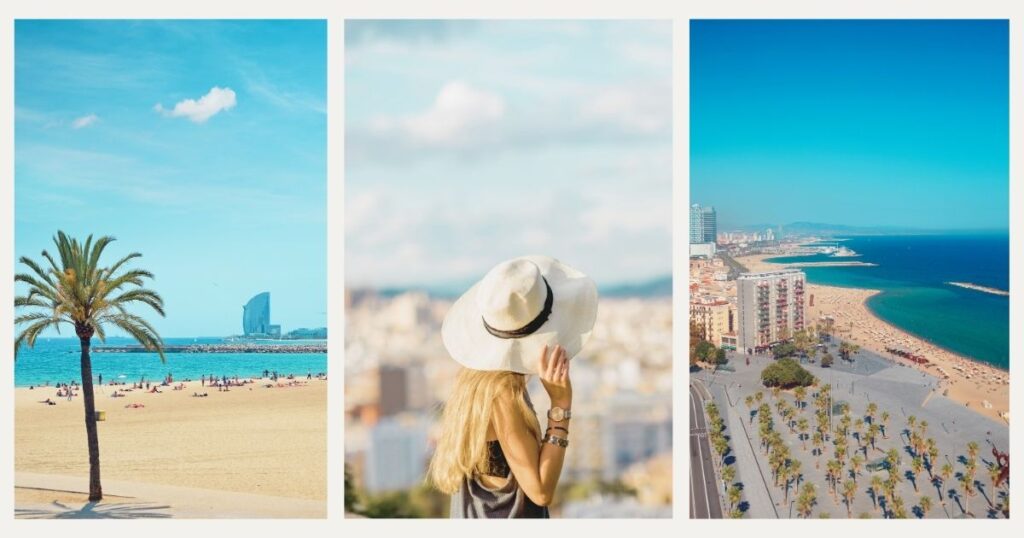
Successfully living in Barcelona as an expat requires understanding various administrative and practical considerations that can significantly impact your daily experience and long-term satisfaction.
Visa requirements and legal documentation
The visa process represents one of the most important aspects of living in Barcelona as an expat. EU citizens enjoy straightforward residency rights, while non-EU citizens must navigate more complex visa requirements depending on their intended length of stay and employment status.
Popular visa options include student visas for those pursuing education, work visas for employed individuals, and the increasingly popular digital nomad visa for remote workers. Each category involves specific requirements, processing times, and renewal procedures that require careful attention to deadlines and documentation.
🌟 Pro tip: start your visa application process at least three months before your intended move date, as bureaucratic procedures can take longer than expected, especially during peak application periods.
Banking and healthcare essentials
Managing finances represents a crucial aspect of living in Barcelona. Opening a local bank account simplifies daily transactions and administrative requirements. Most Spanish banks require your NIE (Número de Identificación de Extranjero), proof of address, and employment verification.
Spain’s healthcare system provides excellent medical care. EU citizens can use their European Health Insurance Card for emergency care, while non-EU residents typically need private insurance until they qualify for public healthcare. Popular private providers include Sanitas, DKV, and Mapfre.
💡 Did you know? Many Barcelona hospitals and clinics have international departments specifically designed to assist expats, providing services in multiple languages and helping navigate the Spanish healthcare system.
Cost of living and budgeting for Barcelona life
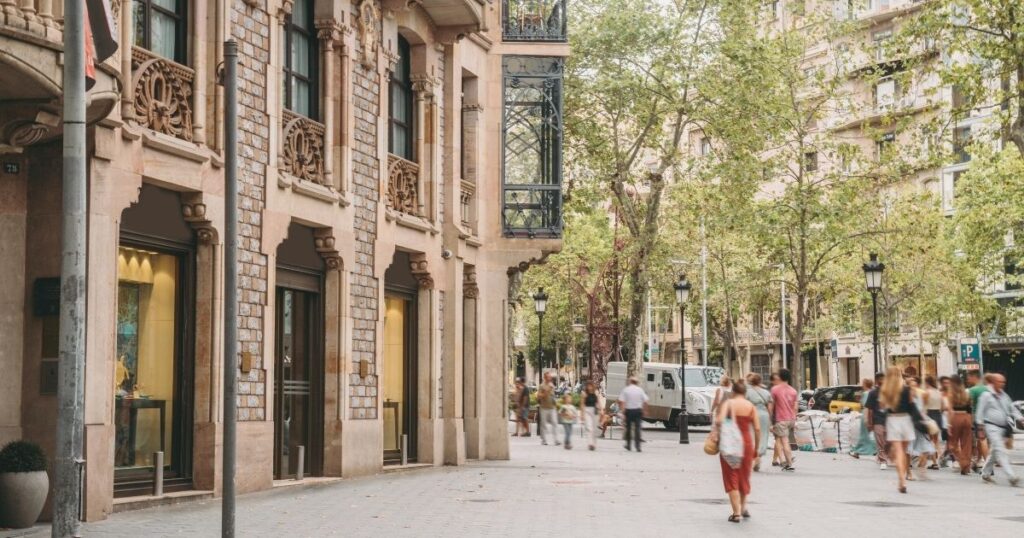
Understanding the financial realities of living in Barcelona helps expats make informed decisions about lifestyle choices and long-term planning. While generally more affordable than other major European cities, costs can vary significantly based on neighborhood choice and lifestyle preferences.
Housing costs and rental market
Rental prices constitute the largest expense for most expats living in Barcelona. Central neighborhoods like Eixample and El Born command premium prices, while areas like Gràcia or Poble Sec offer more affordable options without sacrificing accessibility.
Expect to pay between €800-€1,500 for a one-bedroom apartment, depending on location and amenities. The rental market moves quickly, so prepare all documentation in advance and be ready to make decisions promptly. Many landlords require several months’ deposit upfront, along with proof of income and references.
Daily expenses and lifestyle costs
Daily living expenses in Barcelona remain reasonable compared to other European capitals. Grocery shopping at local markets keeps food costs manageable, while the city’s excellent public transportation system reduces the need for expensive private transport.
Dining out offers incredible value, with excellent set lunch menus (menú del día) available for €12-€18 at quality restaurants. The city’s café culture provides affordable social spaces, and weekend markets offer fresh, local produce at competitive prices.
🌟 Pro tip: for staying connected while exploring different neighborhoods and managing your new life logistics, consider getting reliable data coverage through Holafly to ensure you can access maps, translation apps, and communication tools wherever you are in the city.
Cultural integration and language considerations

Successfully living in Barcelona as an expat requires understanding and respecting the unique cultural dynamics of Catalonia, where regional identity plays a significant role in daily life and social interactions.
Learning Spanish and Catalan
Language skills dramatically impact your experience living in Barcelona. While many locals speak English, particularly in tourist areas and international businesses, learning Spanish opens doors to deeper cultural integration and broader employment opportunities.
Catalan serves as the official language of Catalonia and appears on all official documents, street signs, and government communications. While not essential for daily life, understanding basic Catalan demonstrates respect for local culture and can enhance your integration into certain social circles.
Barcelona offers numerous language schools, intercambio (language exchange) programs, and online resources specifically designed for expats. Many neighborhood cultural centers provide affordable classes that combine language learning with cultural education.
Understanding local culture and building connections
Catalonia maintains a distinct cultural identity that influences everything from business practices to social customs. Living in Barcelona means appreciating this regional pride and understanding how it shapes daily interactions and community relationships.
Local festivals like Sant Jordi (St. George’s Day) and La Mercè provide excellent opportunities for cultural integration. Creating meaningful social connections is essential—join international meetup groups, language exchanges, sports clubs, or volunteer organizations to build both personal and professional relationships.
💡 Did you know? Catalans have a strong tradition of building human towers called “castells,” which represent teamwork, trust, and community spirit—values that extend throughout Catalan society and help expats understand local social dynamics.
Working and transportation in Barcelona
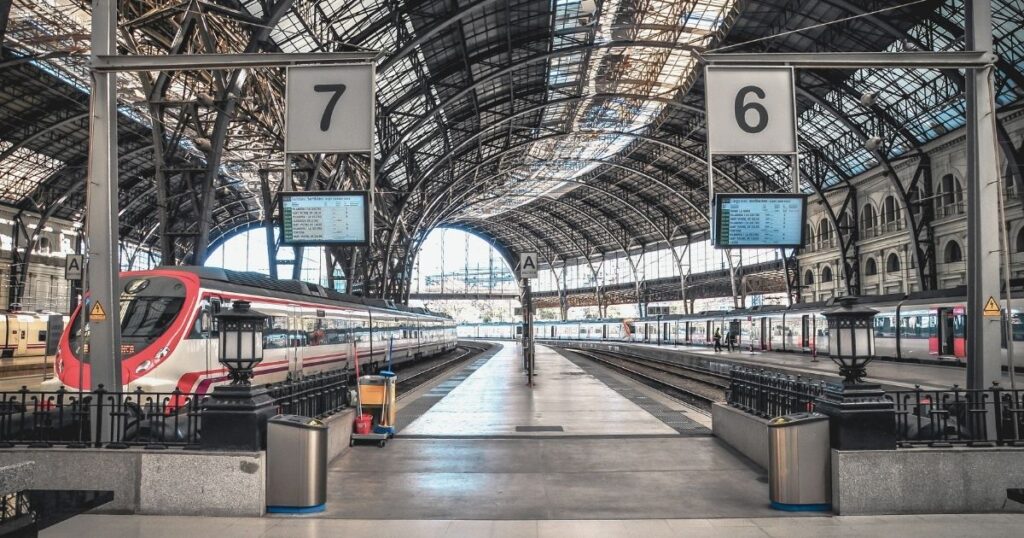
Barcelona offers diverse professional opportunities while maintaining an excellent infrastructure that makes daily life convenient and affordable.
Professional opportunities
Barcelona’s economy combines traditional industries with growing tech and startup sectors, creating opportunities for expats with various skill sets. Popular sectors include technology, tourism, education, marketing, and international business. Fluency in Spanish significantly improves employment prospects, though some multinational companies operate primarily in English.
The city also offers excellent opportunities for freelancers and remote workers, with a growing coworking scene and business-friendly environment. Understanding Spanish tax obligations for freelancers (autónomos) is essential for legal compliance.
Getting around Barcelona
Barcelona’s public transportation network ranks among Europe’s most comprehensive systems. The metro, buses, trams, and trains provide extensive coverage throughout the city, making car ownership unnecessary for most residents. Monthly transportation passes offer excellent value for regular users.
Barcelona’s bike-friendly infrastructure continues expanding, with dedicated cycling lanes and bike-sharing programs. The city’s relatively flat terrain and mild climate make cycling practical year-round. Bicing, the public bike-sharing system, offers convenient access to bicycles throughout the city.
🌟 Pro tip: understanding the transportation zones helps optimize your pass selection and budget planning. Most daily activities occur within Zone 1, though some suburban areas and beaches require travel to Zone 2 or beyond.
Final thoughts
Living in Barcelona as an expat offers an incredible opportunity to experience one of Europe’s most dynamic and culturally rich cities. Success in your Barcelona expat journey depends on preparation, cultural sensitivity, and willingness to embrace both the challenges and rewards of international living.
The city’s diverse neighborhoods offer options for every lifestyle and budget, while the growing international community provides support networks that ease the transition process. Remember that living in Barcelona successfully requires patience, adaptability, and genuine interest in local culture. The investment in language learning, cultural understanding, and community building pays dividends in creating a fulfilling and integrated expat experience.
For comprehensive guidance on making your Barcelona transition as smooth as possible, explore our detailed Spain relocation guide for additional practical tips and resources.
Ready to make Barcelona your new home? Let Nomada simplify your expat journey with expert guidance and practical solutions for seamless international living 🏡
Frequently asked questions
A comfortable lifestyle in Barcelona typically requires €2,000-€3,000 per month, including rent, food, transportation, and entertainment. This varies significantly based on neighborhood choice, lifestyle preferences, and housing arrangements. Budget-conscious expats can live on less by choosing affordable neighborhoods and cooking at home frequently.
While many Barcelona residents speak some English, especially in tourist areas and international businesses, Spanish proficiency significantly improves your quality of life and integration opportunities. Basic Spanish is essential for dealing with bureaucracy, healthcare, and building meaningful local relationships.
Common challenges include navigating Spanish bureaucracy, language barriers, understanding rental market dynamics, and adapting to different business and social customs. The initial setup period can be frustrating, but most expats find these challenges manageable with proper preparation and local support.
Central neighborhoods offer convenience and cultural immersion but come with higher costs and tourist crowds. Suburban areas like Gràcia or Poble Sec provide more affordable living with good transportation connections. Choose based on your priorities regarding budget, lifestyle, and proximity to work or social activities.
Most expats report feeling settled within 6-12 months, though this varies based on language skills, social integration efforts, and personal adaptability. The initial 3-4 months typically involve handling practical matters like housing, banking, and legal documentation, while deeper cultural integration develops over the following months.



